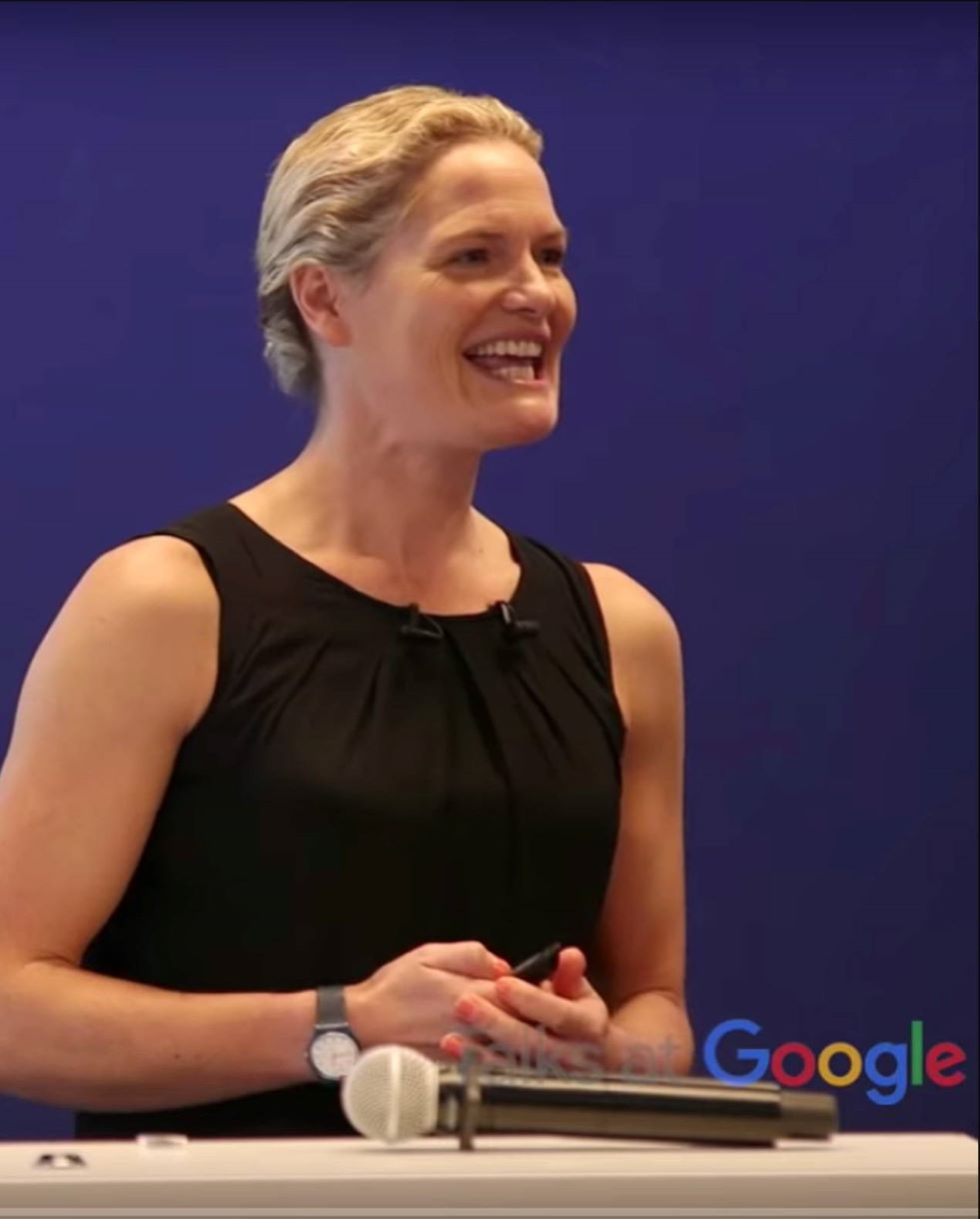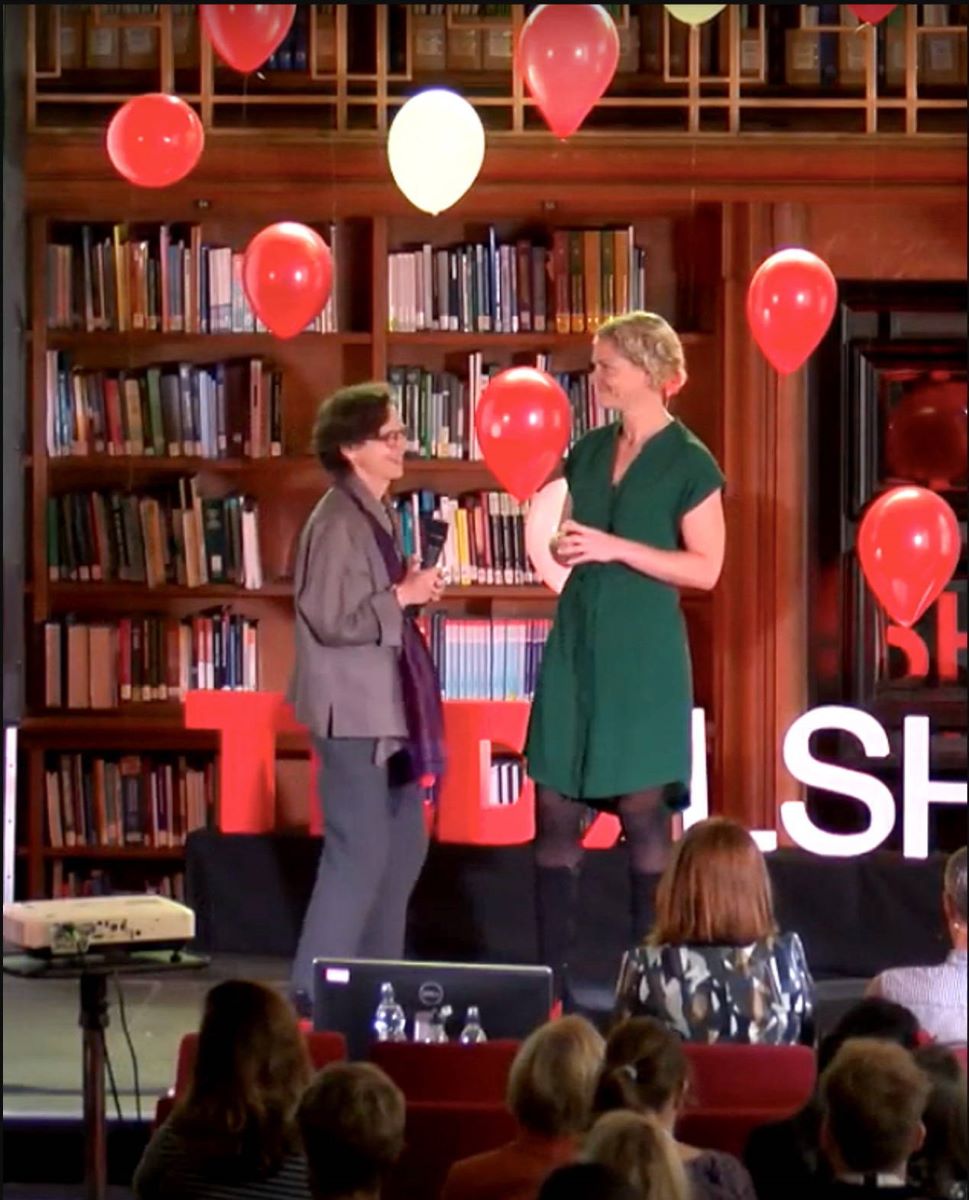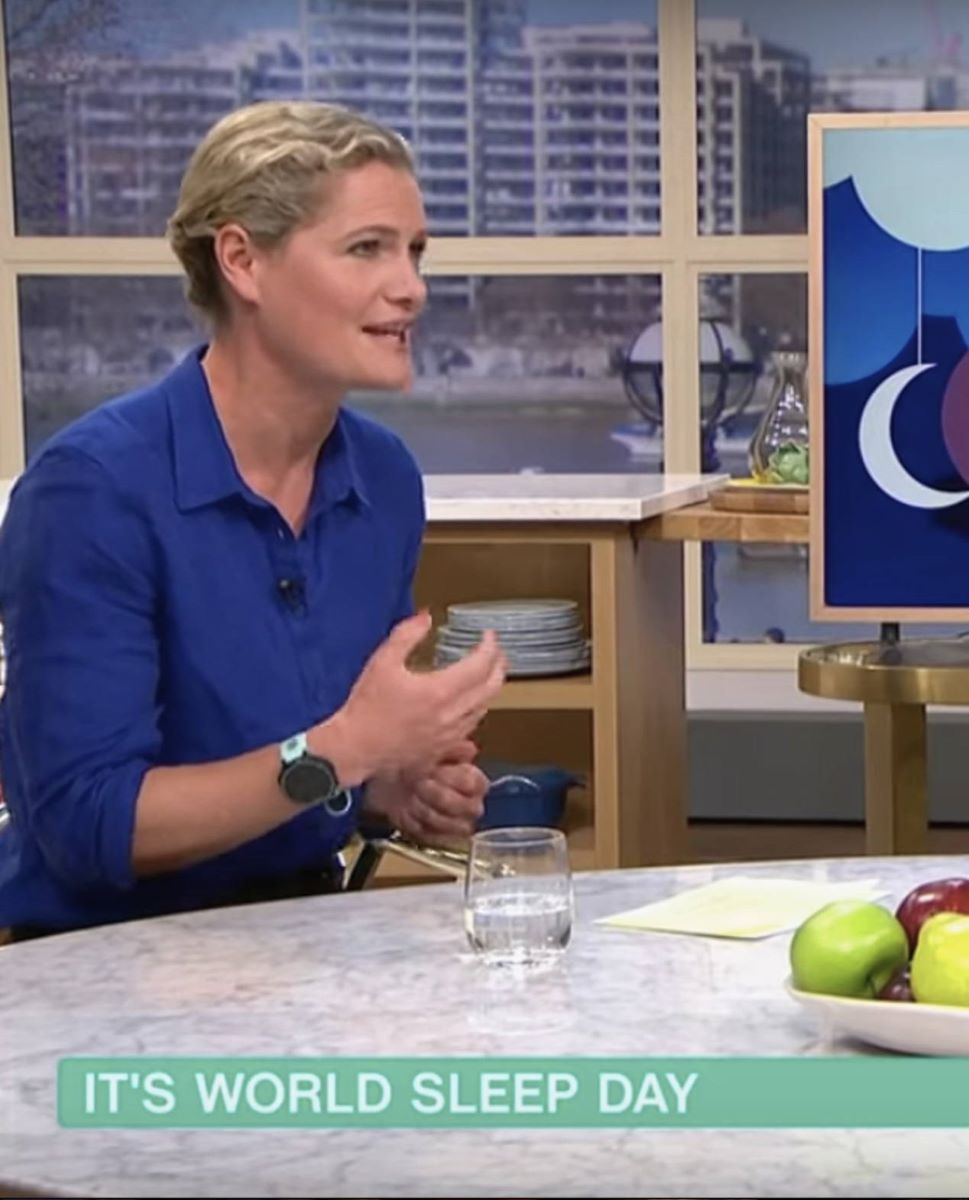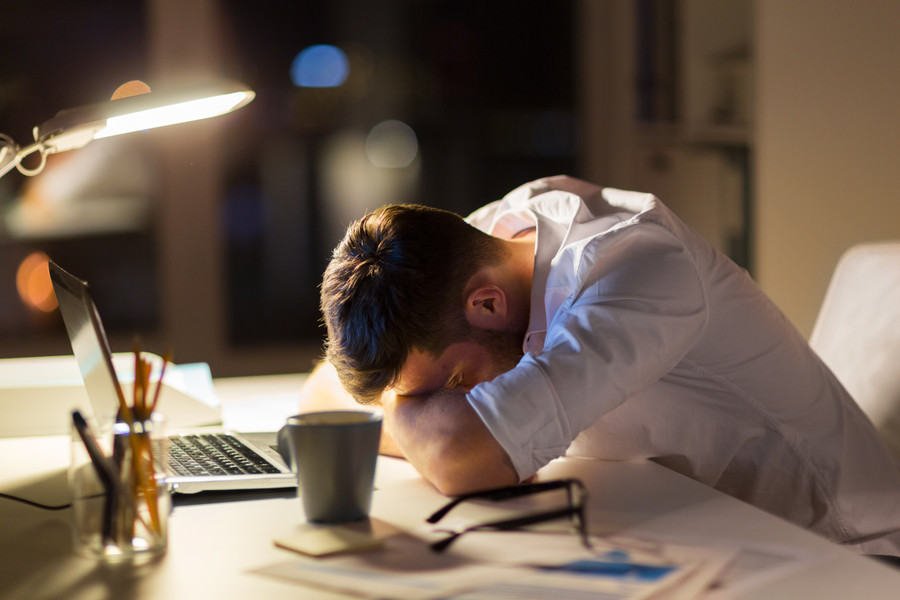
Your most pressing sleep questions, answered.
Struggling to sleep? Perhaps you keep waking up during the night? Well, you’re not alone. We took to Instagram with a poll, asking our followers if they had any sleep questions they would like to put to Dr Sophie Bostock, and the results are in.
From snoring to strange dreams, many of you shared your concerns that were stopping you from sleeping. We collated the results and took some of the most popular and pressing questions to Sophie, a Sleep Scientist and passionate advocate for the importance of sleep. Here’s what she said…
How to prepare your children for their return to school.
The last year has been such a rollercoaster that you’d think we’d be used to uncertainty by now. But that’s not always how it works, says Dr Sophie Bostock.
Even if you’ve been desperately looking forward to an end to home-schooling, change of any kind can be unsettling. Worry often sneaks up on us in the middle of the night. We might fall asleep OK, but wake up in the early hours, thoughts churning. So what can you do this week to ease back-to-school worries?
Here, our sleep expert Dr Sophie Bostock explains...
How a good sleep routine can strengthen your immune defences
Dr Sophie Bostock talks about how a good night’s sleep plays a vital role in building a strong immune system and may help make vaccines more effective. View the video to hear what she has to say and to see how quality sleep can help in the fight against Covid-19.
The Sleep Diary
If you want to change anything about your sleep, where do you start?
Well, it’s really helpful to know where you’re starting from. So, the first thing Sophie recommends keeping a sleep diary.
Simply think about last night and write down the answers to these two questions. They don’t need to be super accurate.
- How many hours were you asleep for last night? Not counting time you were awake in the middle of the night.
- How many hours were you in bed for? This includes time watching netflix before bed, or snoozing, or checking your phone in the morning OK, now for the fun part. Maths. Guesstimates are allowed. As is asking your children for help.
You should have two numbers. Say 7 hours of sleep, and 8 hours in bed. What we want to know is your Sleep Efficiency, which is the proportion of time in bed that you were actually asleep…
So, 7 divided by 8, multiplied by 100 provides a percentage… This gives a sleep efficiency of 87.5% - let’s round it up to 88%.
This is pretty good. A healthy sleep efficiency is anything above 85%, and 90% is excellent.
To improve it, think about not going to bed until you actually feel sleepy - and not lingering in bed when you wake up.
You want your brain to associate your bed with sleep and intimacy - and nothing else.
Other Projects Sophie Has Been Involved In
The Sleep Scientist was launched by Dr Sophie Bostock with the aim of helping more people to sleep well, and thrive. Sophie is a scientist and speaker with a bias for action.
Sophie has always been intrigued by why what makes us feel good and function well. She studied medicine at Nottingham University, followed by an MSc in Entrepreneurship. After several years in consulting, she completed a PhD in Health Psychology at University College London (UCL), investigating why happiness protects against heart disease, and how to improve wellbeing at work.


How to Keep Cool and Sleep Well During Menopause
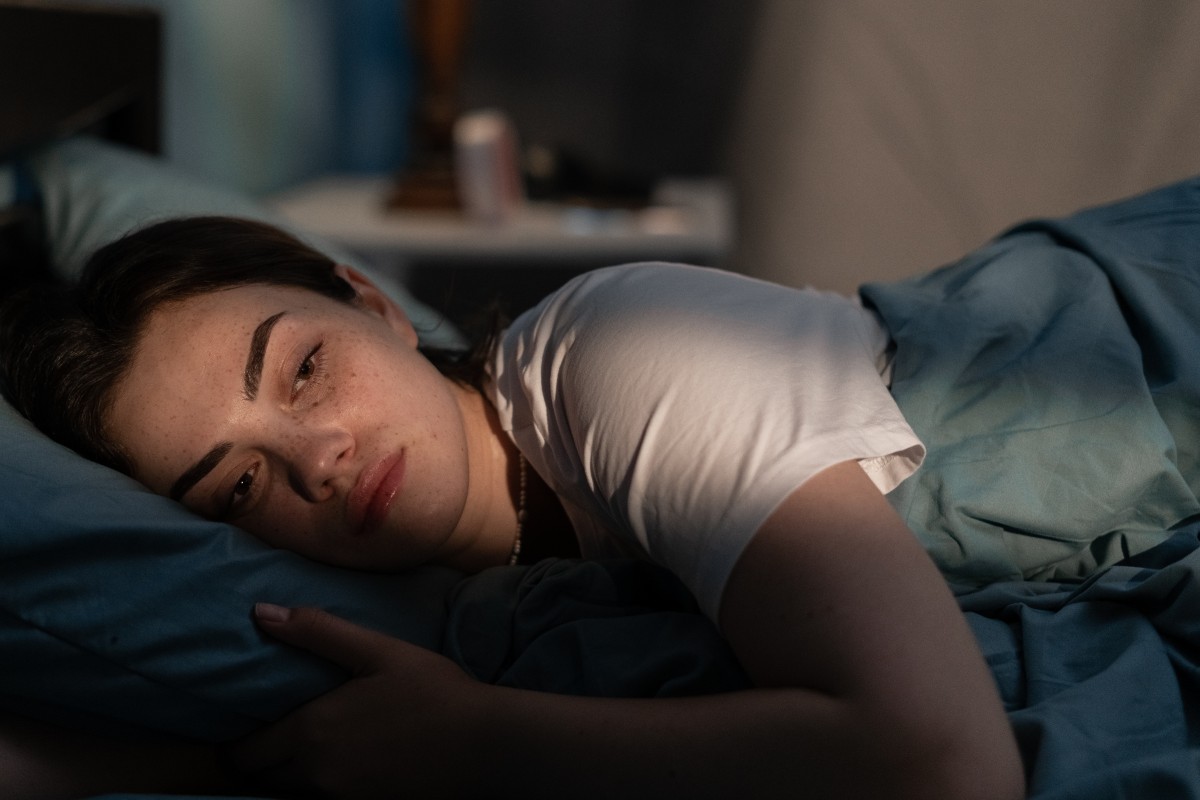
What is Cortisol and How Does it Affect Sleep?

New Year Resolution Ideas for a Better Night's Sleep

Dr Sophie Bostock Answers Your Questions on Teenagers and Sleep


